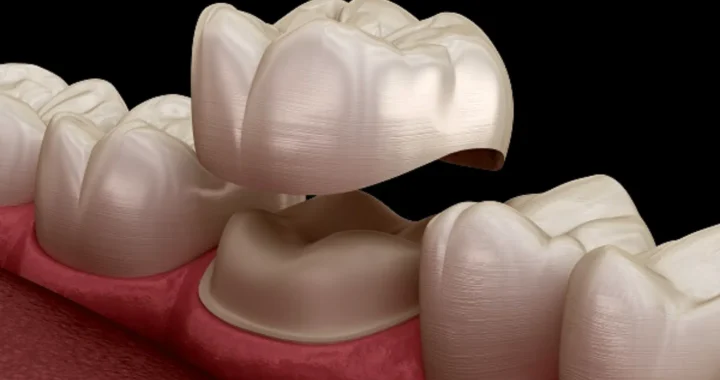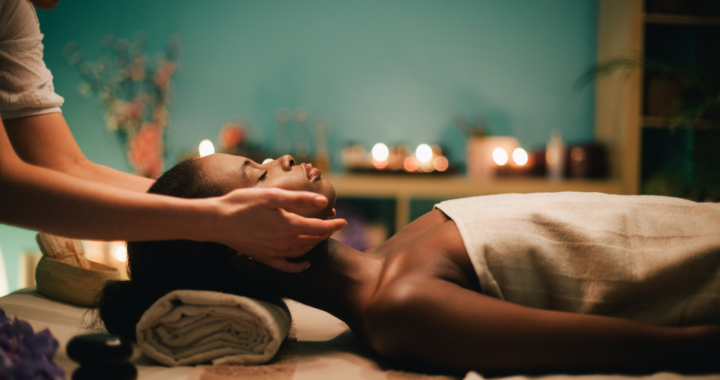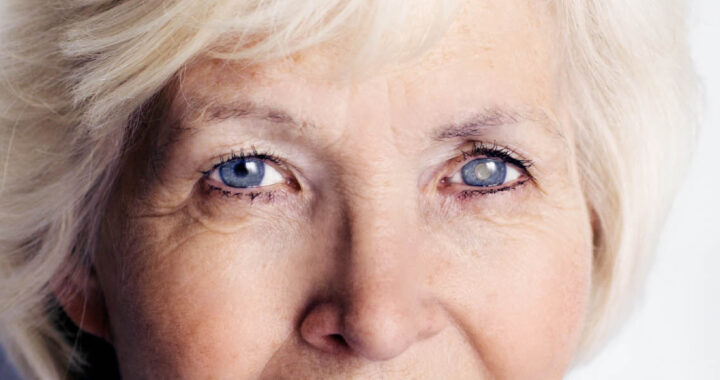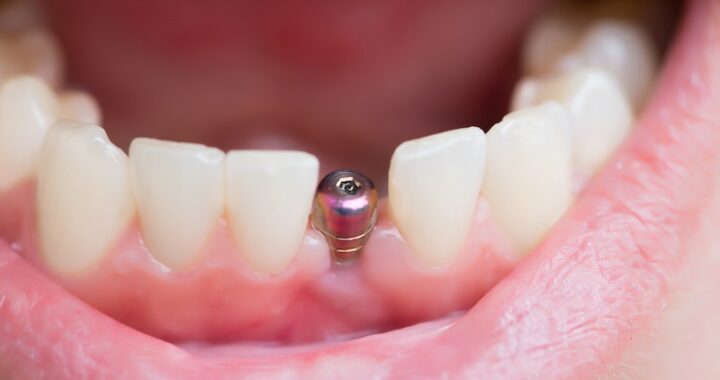5 Common Types of Sleep Disorders

Depressed woman awake in the night, she is touching her forehead and suffering from insomnia
Sleep disorders are conditions that lead to changes in your sleep pattern. A sleep disorder could affect your general health by raising your risk of other health conditions. Besides, sleep disorders jeopardize your safety and life quality by affecting your day-to-day activities like driving. There are numerous types of sleep disorders, often categorized according to how they occur and their effects. Sleep Services of Maryland LLC understands the different types, and their possible causes hence standing in the gap to cover all affected people. The sleep specialists performs a comprehensive diagnosis to determine your sleep disorder and suggest a suitable care plan. Meanwhile, here are some of the common sleep disorders.
- Insomnia
Insomnia is one of the most common sleep disorders, affecting millions of Americans. This condition is characterized by the inability to fall or remain asleep. The potential causes of insomnia include anxiety, jet lag, digestive issues, stress, and hormonal imbalances. Besides, insomnia could be a symptom of another health concern.
Insomnia could be detrimental to your general health and life quality, possibly causing concentration problems, weight gain, depression, irritability, and impaired school or work performance. This condition can manifest as a chronic concern that lasts not less than a month, and intermittent, or transient, which lasts several nights at a time.
- Sleep Apnea
Sleep apnea is a condition characterized by momentary pauses in breathing during sleep. This condition is quite serious as it causes one’s body to take in less oxygen. Besides, the condition causes you to awaken during your sleep. There are two types of sleep apnea, including:
Obstructive Sleep Apnea: This condition causes the airflow to cease because the airway gets obstructed or is overly narrow.
Central Sleep Apnea: This condition results from a misconnection between the brain and muscles, which control breathing.
- Parasomnias
Parasomnias are a group of sleep disorders that trigger unusual behaviors and movements during sleep. These conditions include sleep talking, nightmares, groaning, sleepwalking, bedwetting, and jaw clenching or teeth grinding. While parasomnias are most prevalent in kids, they also affect adults.
- Restless Leg Syndrome (RLS)
RLS is the overwhelming need to move your legs. This urge is occasionally associated with a tingling feeling in the legs. Although these symptoms can happen during the day, they are most common at night. RLS is commonly associated with specific health concerns like Parkinson’s disease, and attention deficit hyperactivity disorder (ADHD), but the actual cause is not clear.
- Narcolepsy
Narcolepsy is a sleep condition that makes individuals feel overly tired during the day, despite receiving adequate sleep. This disorder can result in the irresistible urge to sleep, leading to “sleep attacks” that generally last for several minutes.
These sleep attacks and associated narcolepsy symptoms result from disruptions in the brain’s ability to regulate the sleep-wake cycle. Though narcolepsy can happen by itself, it is also associated with specific neurological disorders like multiple sclerosis.
Sleep disorders might not be life-threatening. However, these conditions could affect your life quality and seriously disrupt your work/school performance, thinking, as well as your overall and physical well-being. If you are struggling with one or more of these sleep disorders, do not hesitate to visit your healthcare specialist. Your doctor will suggest proper sleep habits like limiting the use of electronics before bed, sleeping at the same time every night, and more to address your condition. However, self-care devices, medication, and sometimes surgery could be necessary if you have a sleep disorder like sleep apnea.


 Innovations in Health Screenings: Exploring the Latest Technologies in Clinic Services
Innovations in Health Screenings: Exploring the Latest Technologies in Clinic Services  Dental Crowns –Restoring Strength, Function, And Aesthetics.
Dental Crowns –Restoring Strength, Function, And Aesthetics.  One-Person Wonder: Making Waves in the Massage Industry in Gunma
One-Person Wonder: Making Waves in the Massage Industry in Gunma  How Cataract Surgery in Nashville Improves Vision and Quality of Life
How Cataract Surgery in Nashville Improves Vision and Quality of Life  Maintaining Oral Health: The Role of Dentists in Richmond
Maintaining Oral Health: The Role of Dentists in Richmond  How to Choose the Best Implant Dentist in Sheffield: A Guide
How to Choose the Best Implant Dentist in Sheffield: A Guide